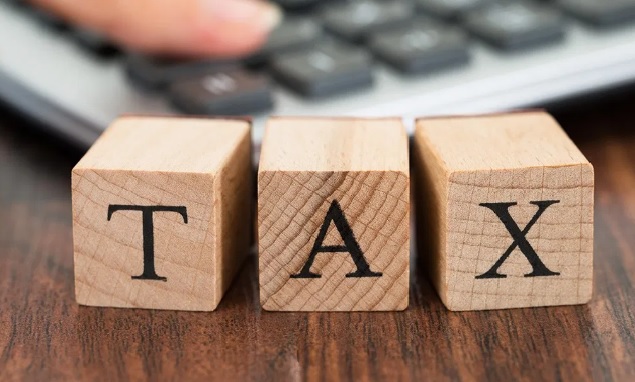The end of financial year is closely approaching and shareholders may be thinking of how to treat their shares in their tax returns. These are the common questions that some shareholders may have. (Remember, this is just a helpful guide to point you in the right direction, and we recommend that you seek advice from your accountant)
1. When do you pay tax on shares?
If you have sold shares and made a capital gain, then you will be liable to pay tax on this. The amount of tax you pay on these profits depends on how long you have held the shares for and what your marginal tax rate is.
2. What does a CGT (Capital Gains Tax) discount mean?
You can receive a discount of 50% on tax if you hold your asset for 12-months or more and you hold the shares under an individual name, partnership. If you sold the shares before 12 months then you will not be eligible for this 50% discount on tax.
You can reduce your capital gains by:
- 50% for individuals, partners in partnerships and trust
- 33 1/3% for SMSF’s
An example of a 50% discount is as follows. In the below example the taxpayer only needs to declare $111,593.45 of capital gains with the 50% discount.

3. Do I pay tax on my dividends?
Yes, you will need to pay tax on any income received which includes dividends but you may be able to reduce your tax payable with dividend imputations. Companies have already paid tax so this is taken into account when shareholders declare dividend income. Please see the following link for further information on dividend imputation https://fairmontequities.com/an-easy-guide-to-franking-credits/
4. What about shares that are de-listed?
If the liquidator declares the shares of the company as worthless then you can make a capital loss on your tax return using your purchase price as your cost base. You can offset his loss with any capital gains you have made.
5. What happens if I make a capital loss?
If you make a capital loss on shares, you can offset this with capital gains you may have made. The capital loss needs to be a realised capital loss. You can carry this loss forward to offset any capital gains in future. You cannot offset this capital loss on your income.
Lauren Hua is a private client adviser at Fairmont Equities.
An 8-week FREE TRIAL to The Dynamic Investor can be found HERE.
Would you like us to call you when we have a great idea? Check out our services.
Disclaimer: The information in this article is general advice only. Read our full disclaimer HERE.
Like this article? Share it now on Facebook and Twitter!

